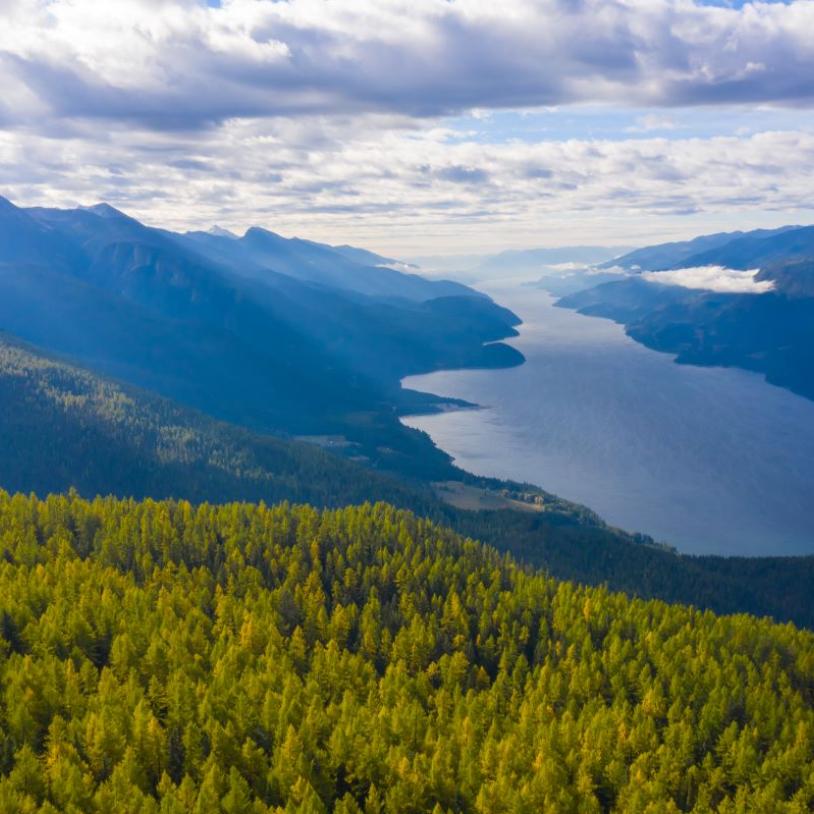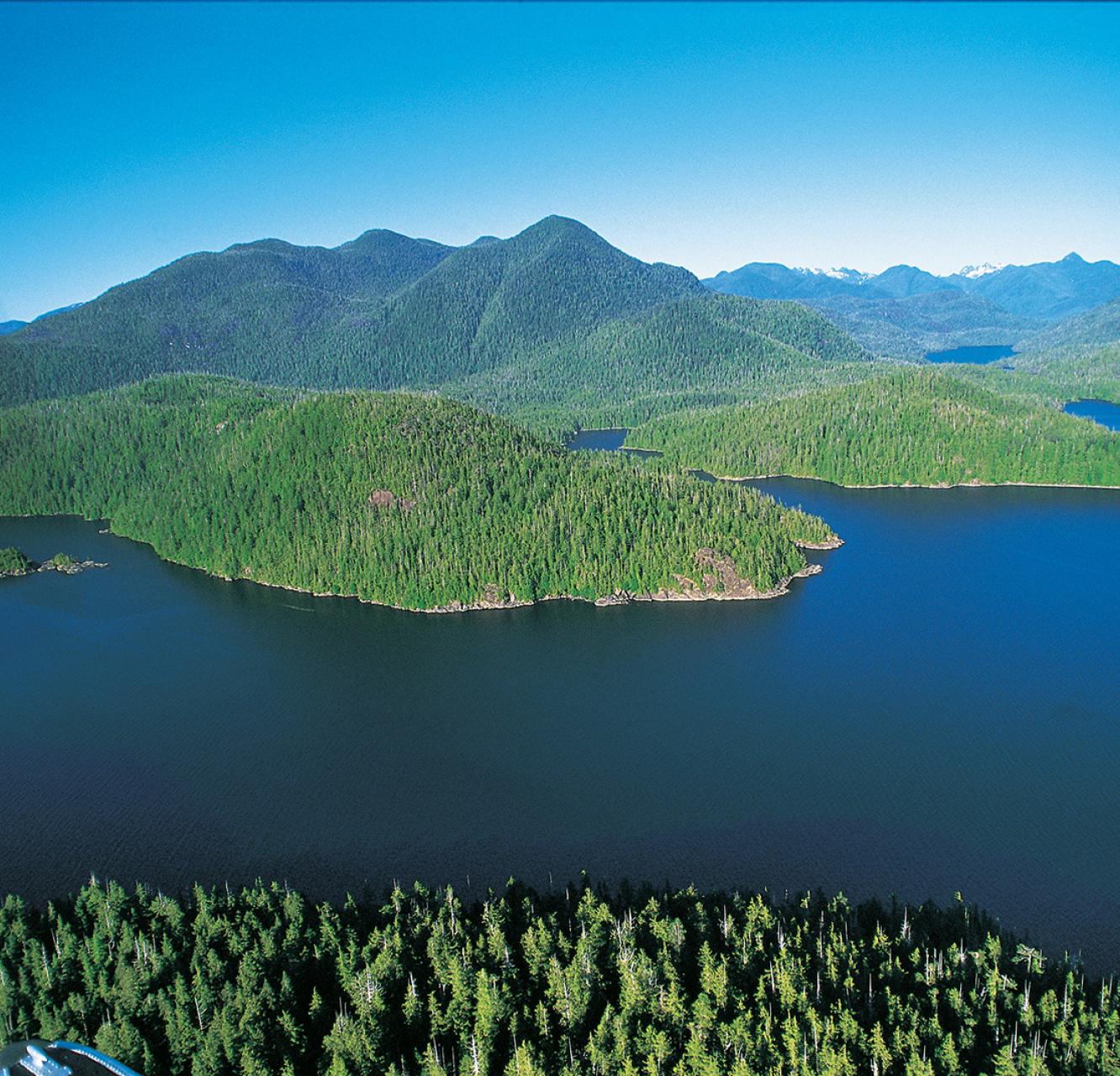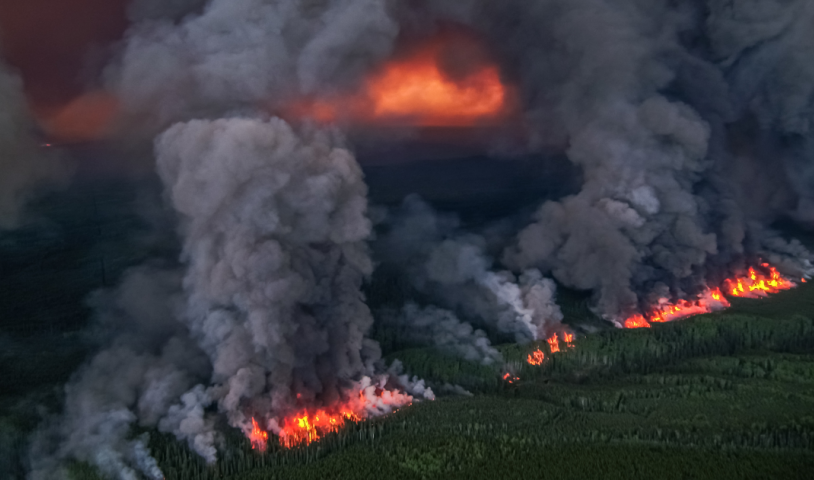First nations logging company gets Flores Island road permit
Wednesday, April 6, 2011
Fears raised that area’s old-growth forest may be at risk
David Currie, spokesman for the Ministry of Forests, Lands and Natural Resource Operations, said the permit to Iisaak Forest Resources Ltd. authorizes reconstruction of 1.5 kilometres of existing road (Reservoir Road) and construction of 2.3 kilometres of new road on Flores Island.
He noted the company holds Tree Farm Licence 57, but “has yet to apply for a cutting permit for the area that would be accessed by the planned road construction.
“If issued, activities under a cutting permit would have to meet requirements specified in the forest stewardship plan for Tree Farm Licence 57, and be consistent with the Flores Watershed Plan.
“It’s important to remember that harvesting can only occur within the context of managing for ecosystem integrity, wildlife conservation and cultural, recreation and tourism values.”
Environmentalists say natives agreed in a memo of understanding in 1999 that pristine areas of Clayoquot Sound would be protected and managed for their non-timber values, while logging would occur in areas no longer intact.
“This breaks the memorandum of understanding that resulted in peace in the woods,” said Joe Foy of the Wilderness Committee, supported on this issue by Friends of Clayoquot Sound. “That puts us in a tough position.”
The Wilderness Committee committed in the MOU to support Iisaak gaining control over logging tenures in the region, but now plans to get out of the agreement because it cannot support logging of old-growth intact areas.
Foy suggested Iisaak has incurred debt acquiring timber licences in the region and now has to log to pay them off, adding the province should get involved to help find a solution.
“Ancient trees are being cut to service a debt ... a treadmill that ends with destroying the ecological base of Clayoquot Sound, which so much of the economy is based on out there. It makes no sense.”
Eduardo Sousa, senior forest campaigner for Greenpeace, said the road-building permit is worrying but “strictly speaking” not a violation of the MOU; that would happen if full-on logging began.
He urged a “one-year breather” during which the province could bring the parties together to come up with “conservation financing” solutions. “We lay this squarely on the government’s shoulders,” he said.
Dave Jacobson, Iisaak’s manager of corporate development, refused to discuss any logging plans for Flores, except to say that the Ahousaht — located on Flores and one of five Nuu-chah-nulth bands that owns the company — has been consulted and has “offered support” for activities.
An Iisaak news release states that the MOU was meant to be a “starting point in a discussion regarding forest management priorities and objectives and did not permanently define areas to be reserved from harvesting.
“It’s been almost 12 years ... and Iisaak has been diligent and successful in achieving many of the identified goals including gaining control of the forest tenure in Clayoquot Sound, acquiring Forest Stewardship Certification, operating under the recommendations of the Clayoquot Sound Scientific Panel, accepting the watershed plans, and working with first nations to define “eehmiis” areas [undeveloped areas considered especially ‘precious’] and how they will be protected.
“Iisaak has developed value-added and non-timber forests products that have meant additional employment for the local community and are eager to see those ventures supported through marketing. The company will consider any land management option that provides a reasonable balance between protection, conservation for tomorrow and access to resources for jobs and social benefits today.”
Environmentalists raised the alarm last December about future logging of old-growth forests on Flores, after discovering cutblocks marked out and helipads cleared on the island’s east side.
Photo: East side of Flores Island in Clayoquot Sound, where environmentalists fear an aboriginal logging company, Iisaak Forest Resources, is poised to log despite a long-standing agreement to leave pristine areas alone.





